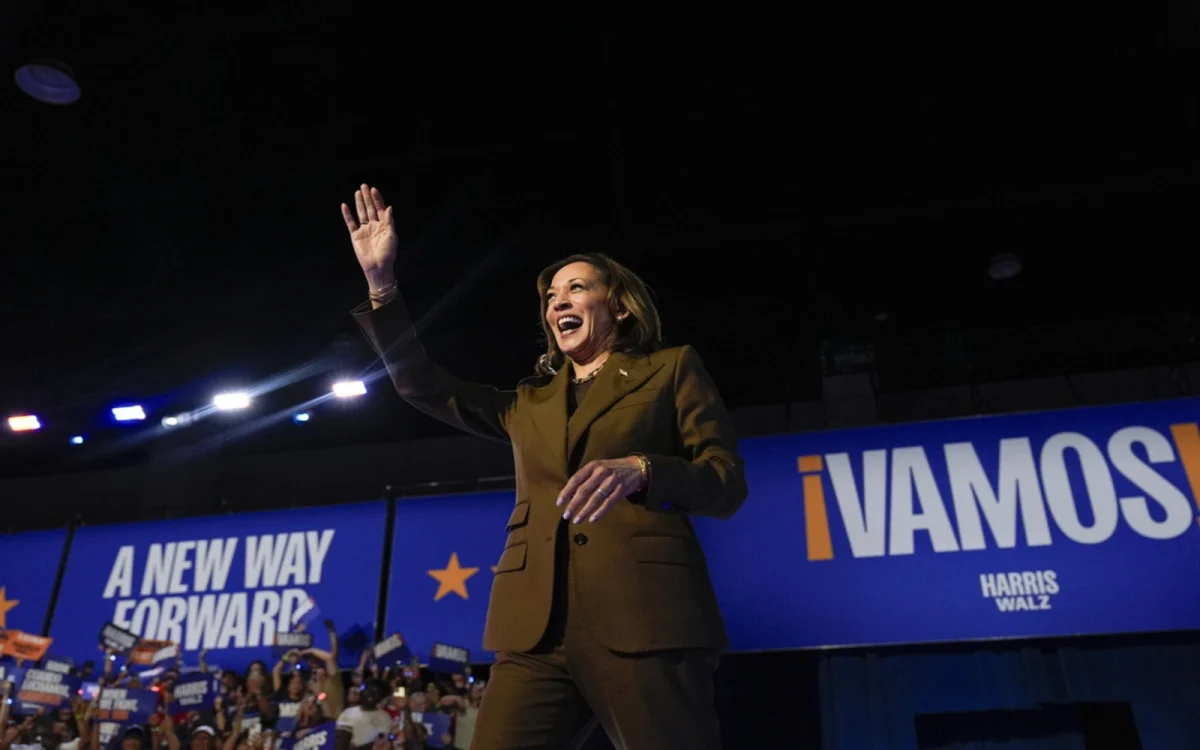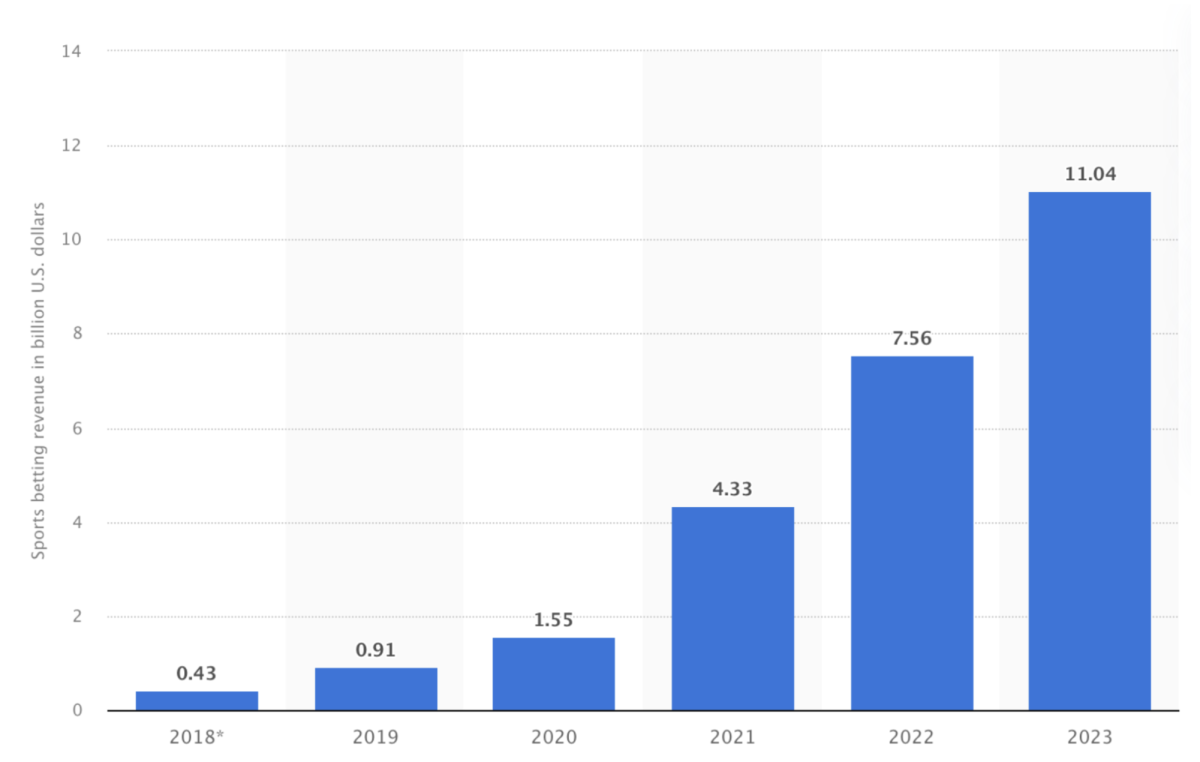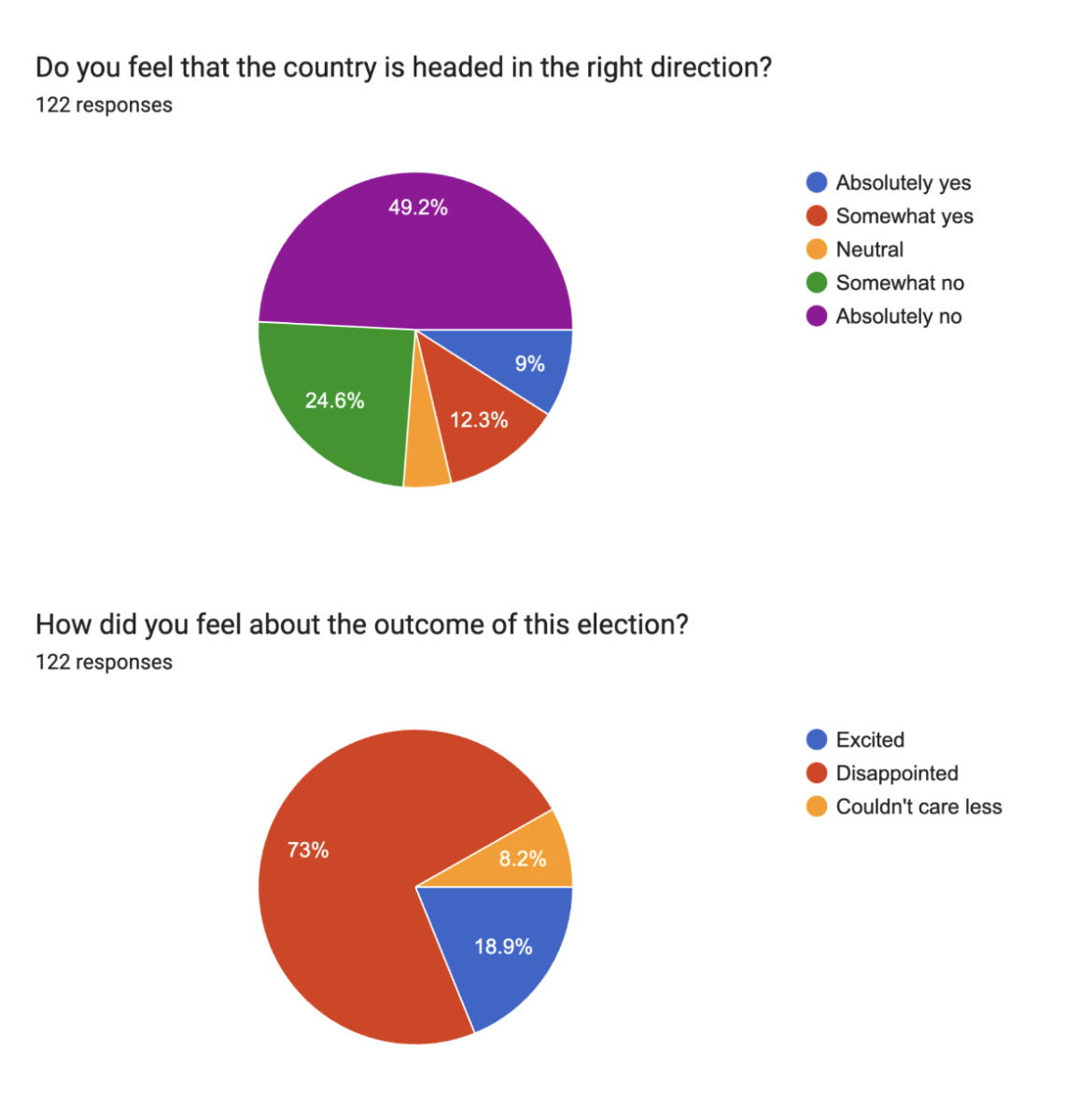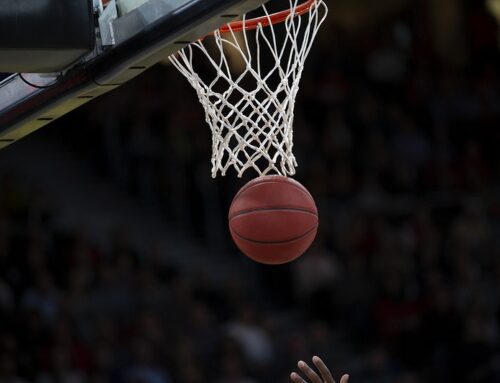In recent years, the rise of legalized sports betting in the United States has been nothing short of meteoric, transforming what was once a niche activity into a mainstream cultural phenomenon. The Supreme Court’s 2018 ruling to transfer the federal ban on sports gambling to a statewide decision fundamentally reshaped how sports fans engaged with their favorite games. Following the decision, 38 states (including D.C. and Puerto Rico) legalized sports betting. Concurrently, the ruling exploded the market for sports betting, producing an onslaught of advertisements during live sports programs, further embedding sports gambling into the fabric of the sports industry.
The rapid rise of sports betting ads can be directly traced to the flourishing gambling market itself. As more and more states lift the ban on sports betting, sportsbooks are eager to captivate a portion of the millions of people watching sporting events. According to multiple industry reports, sportsbooks have accumulated over 11 billion dollars in 2023 alone. For reference, sportsbooks pulled in just under 1 billion dollars in 2019, netting a 10 billion dollar increase in the industry’s worth over 5 years. With this massive growth, major sportsbooks such as DraftKings, BetMGM, and FanDuel, have all dumped millions of dollars into promoting their apps and services.
While the exponential financial growth and advertisements tell one story, the personal insights of student sports bettors at our school offer a deeper understanding of the behaviors and feelings surrounding sports gambling in our community. Since the legal age for sports betting is 21 in Virginia, all two students I interviewed decided to remain anonymous. Both students that I interviewed started sports betting this year, and they mainly place their bets on the NFL, NBA, and occasionally the MLB (especially during playoff season). When asked how often they bet on sports, student 1 mentioned that they bet every other day while student 2 bets mostly on Thursdays and Sundays. When student 1 was asked about why they started sports betting, they said, “I started because I had some extra money. I thought that with all the attention I paid to sports, I could make some money. As it turns out, that’s not true.”
A similar theme was found in student 2’s response as they said that they thought that it would be fun and “easy” to make money from sports betting. They both admitted that it was far harder than they had anticipated. Along with this, both students said that they have always loved watching sports, especially if it is one of their favorite teams. When I asked both students, “Now that you have started betting, do you still find sports entertaining if you’re not betting on the game?” They both said that they still enjoyed watching sports, but student 2 specifically noted, “When I bet on the games, I find them more entertaining.” Student 2 also mentioned that when they bet on a game, it is far more stressful to watch especially as the time winds down.
The main question that I asked was: “Why do you think sports gambling is gaining so much traction?” Student 1 responded by saying, “I think it’s gaining traction because people are spending more and more time online, and they like the thrill of thinking that they can make tons of money super quickly, and they like the constant idea of ‘I’m gonna win big’.”
When student 2 was asked specifically about why sports betting is gaining traction at our school, they said, “There’s a lot of kids that think they know a lot about sports, and they’re like, Oh, I know so much about sports. I can just go out and earn so much money when in reality, gambling is very inconsistent.”
The most lucrative advertising spaces for sports betting companies are television broadcasts of live sports. As sports fans tune in to watch their favorite team play, they are increasingly exposed to ads urging them to place bets and sign up for different platforms. They offer a range of exciting options, such as sign-up bonuses and live betting odds. A study from CBC’s Marketplace found that sports fans are exposed to around three gambling advertisements every minute during a sports broadcast. This statistic has led to many concerns about the normalization of sports gambling, especially for young and vulnerable audiences.
Why has advertising for sports gambling become so pervasive? The most vital factor is the loosening of advertising restrictions in states where gambling has been legalized. As pointed out by The New York Times, starting in the 1970s, the Supreme Court interpreted the First Amendment (which includes the freedom of speech) to protect advertisements. This means that anything that is “legal” can be thoroughly advertised, leading to sportsbooks quickly capitalizing on this opportunity to market their platforms without any major restrictions.
For many sportsbook companies, target audiences have shifted from the typical gambler to a younger and more digitally connected audience. Online sports gambling platforms are designed to be user-friendly, with their ads often highlighting the simplicity of making a single bet, creating a low-risk and exciting experience. As these ads become a staple of a sports-viewing experience, many experts worry that they contribute to the acceptance of gambling as a risk-free pastime, despite the many financial and personal dangers.




















